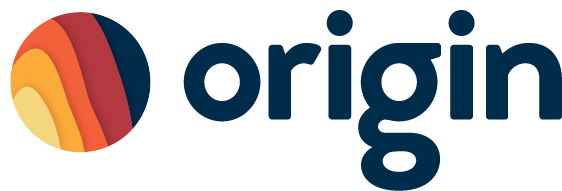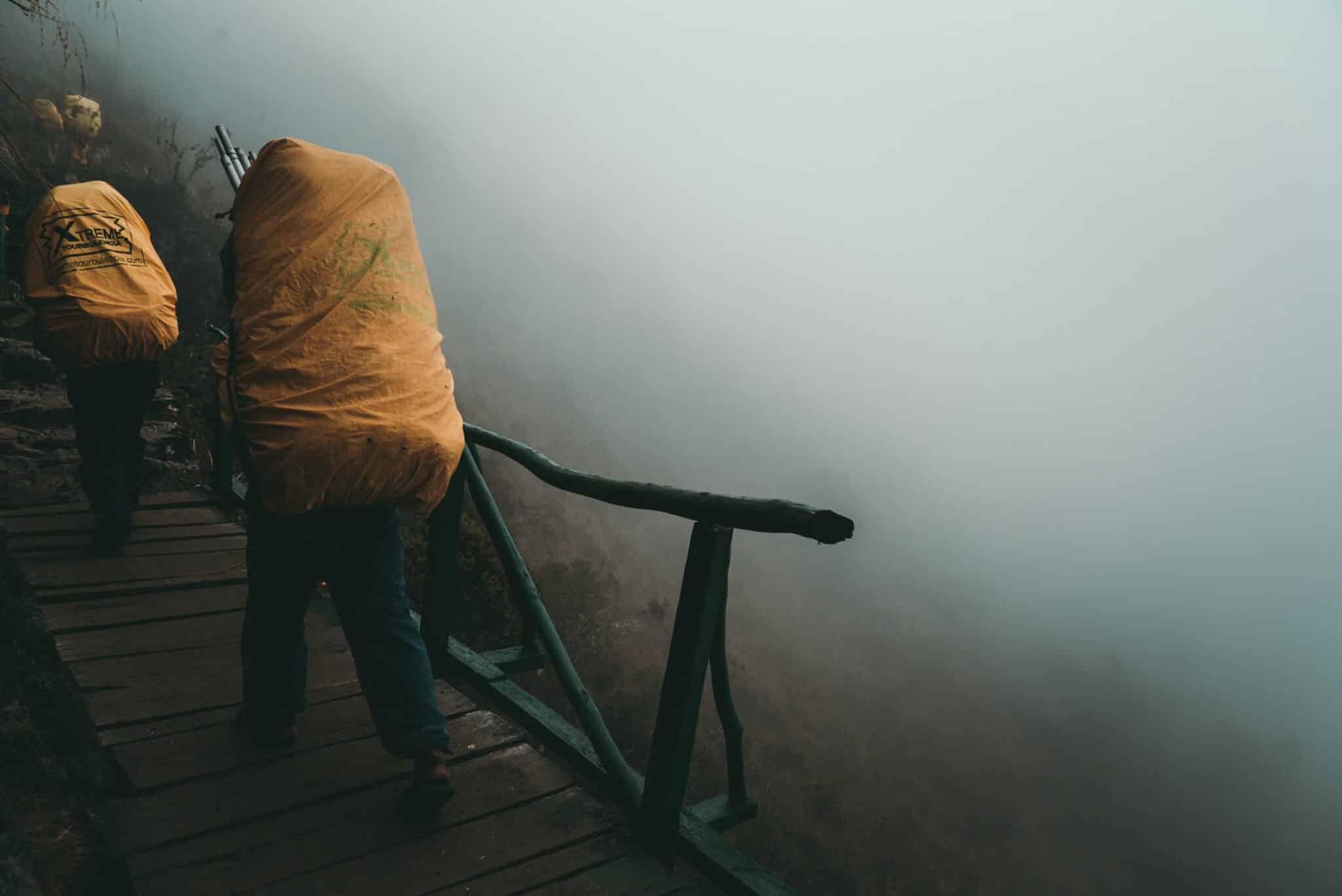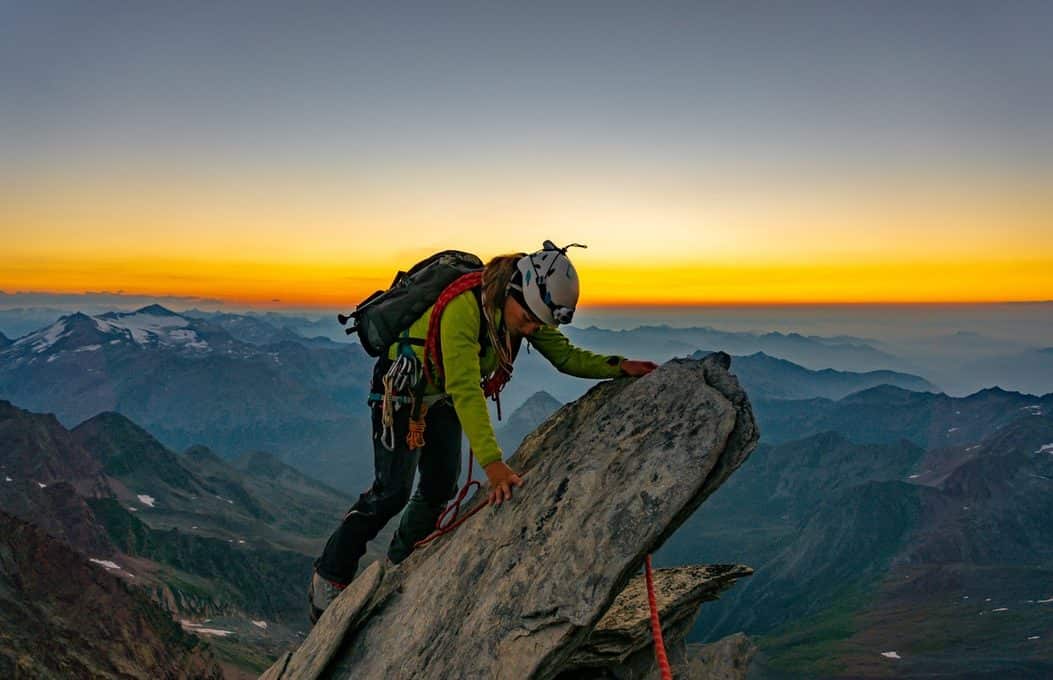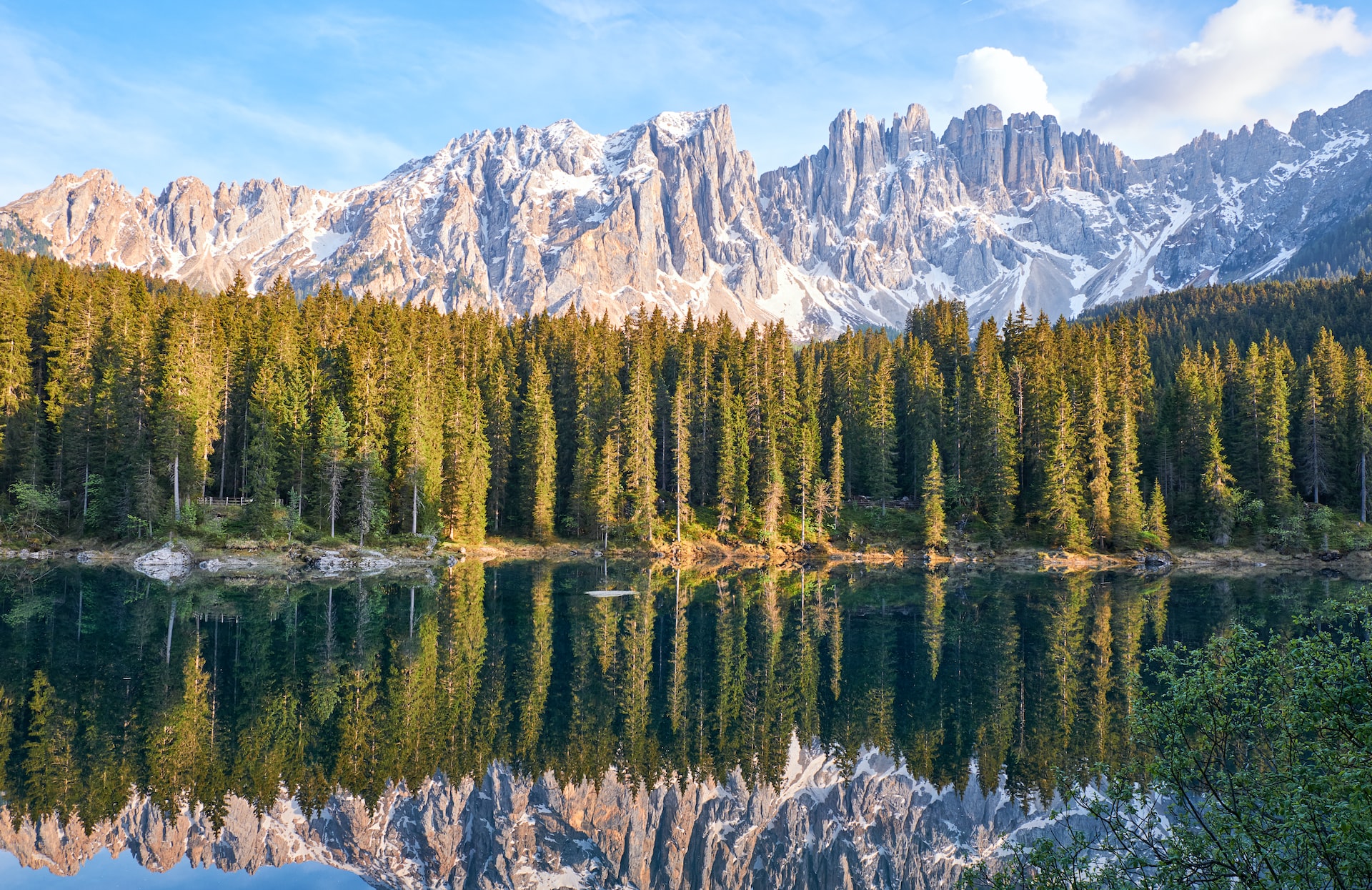Paid Search is as complex and convoluted as you can imagine. We’re only only going to give you an overview of what paid search is and whether or not it’s worth it as an adventure tourism operator. We’ve also included additional resources where you can learn more about paid search and how to incorporate it into your marketing strategy.
Table of Contents
Additional Resources For Paid Search Marketing
What Is A Paid Search?
Paid search is what it sounds like. It’s a form of internet marketing where an advertiser pays a search engine or a platform owner when their ad is clicked on. In other words, you pay a platform to place your marketing front and center for your specific audience who are actively looking for what you offer.
First, let’s quickly cover just a few commonly used terms when talking about paid search marketing.
PPC/CPC (Pay-per-click/cost-per-click)
PPC or CPC are used interchangeably with paid search. They mean the same thing. Pay-per-click or cost-per-click means you pay a certain amount every time someone clicks on your outdoor guiding ad on whatever platform you’re using.
CPM (Cost per thousand impressions)
It’s also called Cost Per Mile, which is a marketing term that means how much it will cost you for 1,000 impressions (or views) on a web page. The difference between PPC and CPM is that with CPM, a potential customer must click on your ad. With CPM, a potential customer only needs to see the ad or have the ad served to them. This could mean they’re reading a travel blog and your guiding services ad is shown while they’re reading.
Cost Per Conversion
This is how much you’ve spent on paid search divided by the number of conversions (completed goals). The lower the better.
CTR (Click-Through Rate)
This is the ratio of potential customers who click your ad to the total number of web page viewers. Essentially, the higher the CTR, the more effective your ad has been at driving people to your site.
Retargeting
Retargeting is when a display ad is shown to a visitor who came to your website but left without booking a reservation with you. It’s done with the help of tracking pixels or cookies that follow the visitor after they leave your site.
The more you get into the details of paid search marketing, the more you’ll see these terms, so it’s good to know what they mean now.
Paid Search Platforms
The most well-known platform marketers use for paid search (PPC/CPC) is Google.
Google Ads
Google Ads “an online advertising solution that businesses use to promote their products and services on Google Search, YouTube and other sites across the web.”
With Google Ads (and other search engines or platforms), you can choose specific goals for your ads (like visiting your guiding site or booking a reservation), customize your budget and who you want to target, and decide when to start and stop ads.
Here’s a screenshot of searching “mountain guides in colorado.” The first three results are paid ads and you can see this by the bold “Ad” text next to the URLs.
Other paid search platforms
Displays your ads for search results on the Microsoft Search Network like Yahoo, AOL, Bing, Windows 10, Cortana, The Wall Street Journal, etc.
Allows you to choose an objective, set a budget and schedule, and create a custom ad for an audience on the Quora platform.
Use AdRoll for retargeting on Google, Facebook, Instagram, and 500+ networks.
Allows you to advertise to “registered sellers, vendors, book vendors, Kindle Direct Publishing (KDP) authors, app developers, and/or agencies” on the Amazon platform.”
Same as the previous platforms, you can create custom and targeted ads for the LinkedIn platform.
Pinterest “ads are regular Pins that you pay to be in spots people are most likely to see them. These Pins will surface in your desired audience’s home feed, category feeds, and relevant search results.”
There are a number of platforms that you can pay to display your advertisements to your ideal audience. The platform(s) you choose depend on your goals and where your audience is. As an adventure guide in the tourism industry, it’s unlikely you’ll place an ad on LinkedIn or Amazon.
On the other hand, people searching for things to do in a location, will likely be on a social media platform like Facebook, Instagram, or Pinterest as well as a search engine platform like Google or Bing.
How Paid Search Works
Every day, thousands of people are searching on Google for their next outdoor adventure. This gives you a great opportunity to promote your business to your ideal customer who’s actively looking to book a reservation. In fact, 12% of tour operators say they use paid search in their marketing (see other online booking stats). Most paid search platforms generally have the same steps.
Select A Goal
Usually, you start with your goal, like booking more reservations through your website.
Choose A Location
Then you pick the geographic area where you want to show your ad. If you’re a mountain guiding business in Boulder, Colorado, you could choose the city of Boulder, the frontrange, or all of Colorado.
Establish Keywords
Keywords are search terms consumers type into search engines like Google. Refer to our earlier example of “mountain guides in colorado.” Google offers a free tool, the Google Keyword Planner, which can help you discover words and phrases people use to find guiding services like yours.
Start by brainstorming keywords you want to show up for on Google. Then use the Google Keyword Planner to see what other keywords you can use, how often they’re searched for per month, and how competitive they are.
Determine Keyword Match Type
With paid search, you can determine what kind of keyword match type you want.
Exact Match: Your ads are only shown when someone searches for that exact keyword or phrase. It will still pick up plurals or spelling mistakes. For example: [mountain guides] will only show results that match that exactly.
Broad Match: This will show your ad when a consumer searches for your phrase (mountain guides) in any order or with synonyms. For example, ‘mountain guiding’ or ‘mountain climbing guides.’
Phrase Match: Your ads are shown if your phrase (“mountain guides”) is used but with words before or after. For example, ‘AMGA mountain guides’ or ‘mountain guides in colorado.’
Modified Broad: This is when you enter your keywords like: +mountain +guides. It will show your ad if a consumer searches for the phrase in any order without synonyms. For example, ‘guides for mountain climbing’ or ‘colorado guides for mountains.’
Negative: You can include keywords you don’t want included in your campaign. This means if someone uses one of these terms in their searches, your ad won’t show up for them.
Paid Search Vs Organic Search
We’ve already covered tourism SEO for outdoor guides so if you haven’t read that article yet, take a few minutes to go over that.
The biggest difference between paid and organic search are costs, timeliness, and results. With paid search, as soon as your ad is live – which is fairly quick to set up – you can see immediate results. This is a huge benefit to PPC marketing.
This gives you more control as well in being able to change keywords to show up for and where to display your ad. You can also end it any time you want.
Alternatively, it does cost you, unlike organic search. Also, as soon as you end a campaign, you stop showing up number one in results. With organic, you can stay number one long past publishing your content.
Here’s a quick comparison:
Is Paid Search Worth It?
PPC marketing can be worth it to some adventure tourism operators. Others may opt for other forms of advertising. We know travelers are searching for their next adventure online, whether that’s through a search engine or social media.
Second, paying for top results depends on you as a guiding company.
Ask yourself:
- What are my goals?
- What’s my budget (how much is a new customer worth to me)?
- What’s my bandwidth? Who will/can be in charge of managing a PPC ad campaign and how many new customers can we effectively handle?
- And is my site ready to take bookings? Make it as simple as possible for a consumer to reserve a guided trip with you.
Paid search is a good tool to use for a marketing strategy if you’re looking for quick results and a specific audience. It’d make sense for an ice climbing guiding company to use PPC during the winter months for consumers searching for an ice climbing guide. During the off-season, it’d make more sense for that same ice climbing company to work on organic search.
You can grow your business exponentially when PPC is done properly,. Done poorly and if you don’t have SMART goals, you’re going to waste valuable time and money.
Make sure you clearly outline what you want the end result to be. Do your research into paid search benefits, costs, and tools to use before starting out.
Additional Resources For Paid Search Marketing
Learn everything from PPC 101 to PPC 102 to Advanced PPC for free with WordStream.
Offers free and premium courses on pay-per-click marketing.
You can learn the ins and out of paid search to become a PPC specialist.
Google Ads Search Certification Program
Learn from Google itself about paid search.
This post is part of our Digital Marketing Series:
Intro To Digital Marketing For Professional Adventure Guiding Services
Why The Stages Of The Buyer’s Journey Matter For Adventure Tourism
An Introduction to Tourism SEO For Outdoor Guides
Is Paid Search Worth It For Adventure Tour Guides?
Is Display Advertising Useful For Your Adventure Guiding Company?
4 Advantages Of Content Marketing For Adventure Guides
Can Social Media Marketing Help Grow Your Adventure Guiding Business?
Or download our free Digital Marketing Ebook created specifically for outdoor guides.








